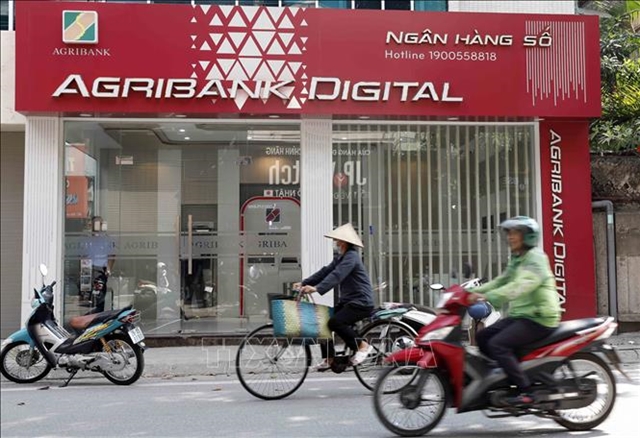Experts believe Việt Nam is ready to pilot a digital bank for SMEs, a move that could benefit millions of small firms and household businesses.

HÀ NỘI — A digital bank dedicated to serving small- and medium-sized enterprises (SMEs) should be established in Việt Nam to expand credit access and accelerate private sector growth, experts told a fintech and digital assets forum in Hà Nội on Tuesday.
The event, organised by the Advisory Council for Private Economic Development (IV Board), heard that although Resolution 68 encourages private sector development, the Vietnamese economy is dominated by millions of SMEs that often face barriers to traditional lending.
Lê Văn Thành, deputy general director of digital bank Vikki, said existing support mechanisms were not enough.
“We want these small enterprises to grow, and in fact support mechanisms already exist. However, many cannot meet conventional lending requirements. Therefore, they require a special mechanism," he said. “By simply looking at invoices and transactions, we can assess creditworthiness and provide funding immediately.”
Nguyễn Văn Thân, National Assembly deputy and chairman of the Vietnam Association of Small and Medium Enterprises, strongly backed the initiative, warning that Việt Nam risks falling behind countries already making use of digital assets and modern financial technology.
He called on policymakers to create a regulatory framework that recognises the lower risks of digital SME lending compared with unsecured loans.
Business leaders also joined the debate.
Nguyễn Thị Phương Thảo, chairwoman of Sovico Group, said building such a bank was “necessary but not simple”.
“If substandard lending is introduced, assessments under State Bank criteria will face obstacles. That is the policy issue that needs to be addressed,” she said.
Thảo stressed that digitalisation would be key, including e-signatures, digital contracts and blockchain verification.
From the technology side, Đinh Thị Thúy, vice chairwoman of software firm MISA, pointed to her company’s successful cooperation with 10 banks through its platform, which allows SMEs to access unsecured loans quickly using accounting software and e-invoices.
“Digital tools have increased approval rates tenfold – about 30 per cent of loan applications are now disbursed,” she said, adding that more than VNĐ30 trillion (US$1.2 million) had been released over the past two years.
Việt Nam currently has about 5.2 million household businesses. While digital lending models have been trialled by some banks for decades, the country still lacks a comprehensive policy system and a fully developed legal framework.
Despite these challenges, experts agreed the time is right to pilot a dedicated digital bank for SMEs, a move that could deliver tangible benefits to millions of small firms and household businesses across the country. — BIZHUB/VNS





